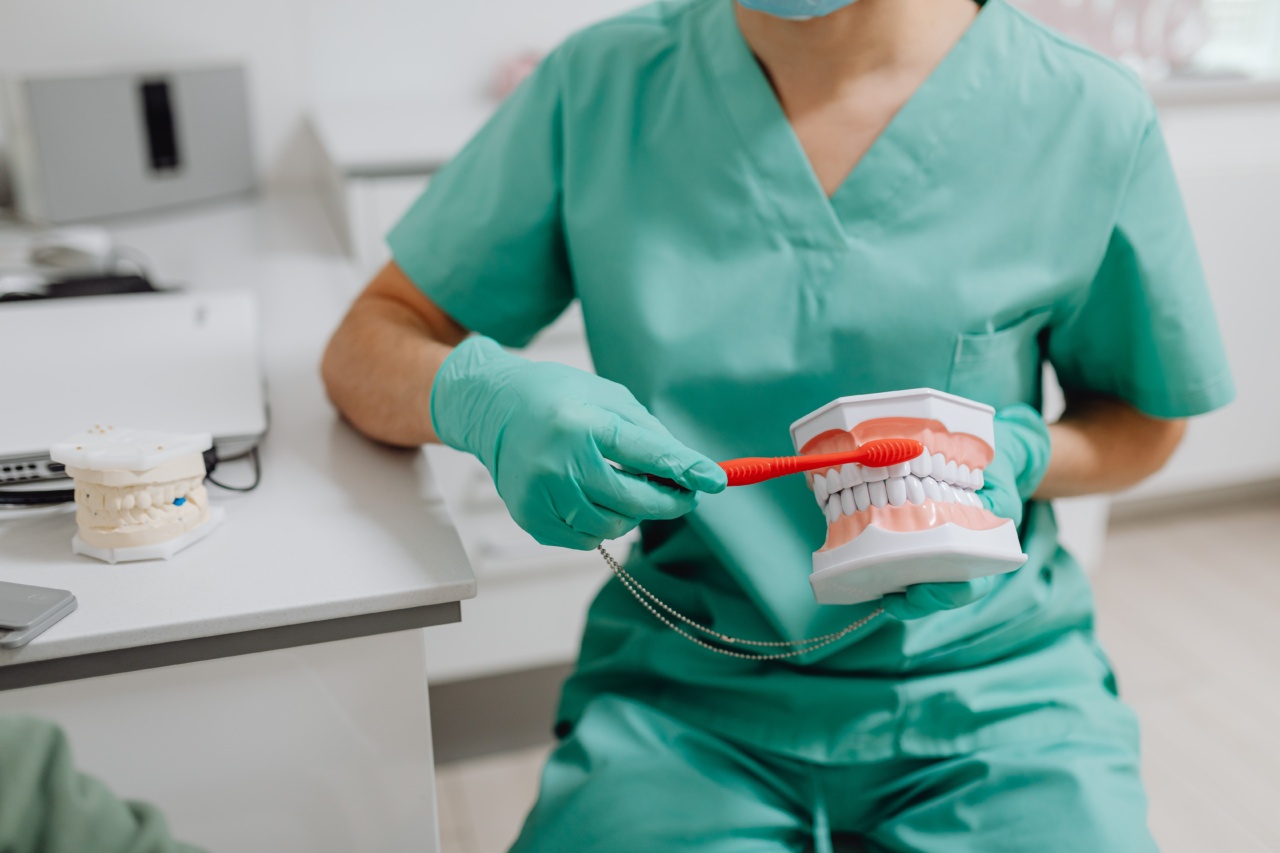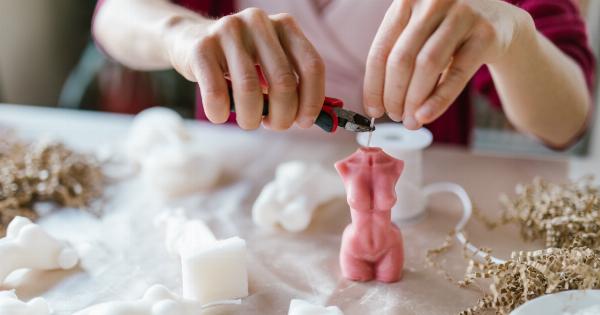Brushing your teeth is one of the most important daily routines that we all must follow to maintain good oral hygiene. However, simply brushing your teeth alone might not be enough to guarantee a healthy mouth.
There are certain techniques and tips that you need to follow to brush your teeth effectively and get the intended result you desire. Here are some tips for brushing your teeth effectively.
1. Choose the Right Toothbrush
The first and foremost important factor for effective brushing is the right toothbrush. Choose a brush that best suits your mouth and teeth cleaning needs.
A toothbrush with a small head is preferable since it helps access the hard-to-reach areas of your mouth, including the back of your molars. Also, make sure the bristles are soft enough to avoid damaging your teeth and gums.
2. Use the Right Toothpaste
Many people use whatever toothpaste they find, but using the right toothpaste is equally important for effective cleaning. Use toothpaste that contains fluoride, which helps prevent tooth decay and strengthens enamel.
If you have sensitive teeth, consider using an appropriate toothpaste that reduces sensitivity and helps soothe any discomfort that might arise.
3. Brush Twice a Day
Brush your teeth at least twice a day, in the morning after breakfast and at night before bed, for at least two minutes.
This helps remove food particles and plaque from your teeth, preventing bacteria from building up and reducing the risk of cavities, gum disease, and bad breath.
4. Proper Brushing Technique
While brushing, hold your toothbrush at a 45-degree angle to your teeth and brush in a circular motion. Ensure the bristles of the toothbrush touch both the teeth and the gums. Brushing too hard or in a harsh motion can damage the enamel and gums.
Be gentle and use a light touch.
5. Clean All Surfaces of Your Teeth
It is essential to brush the surface of all your teeth. This includes the front, back, and chewing surfaces of your teeth. Make sure you spend enough time on each tooth to ensure you clean every area completely.
6. Don’t Forget the Tongue
Many people overlook the importance of cleaning their tongue. The tongue’s surface harbors bacteria that cause bad breath, so make sure to brush it every time you brush your teeth.
Use a separate tongue cleaner or use the bristles of your brush to clean the surface of the tongue gently.
7. Use Floss to Clean Between Your Teeth
Brushing alone cannot clean the hard-to-reach areas between your teeth, so flossing is essential. Flossing helps remove the trapped food particles and plaque that can lead to tooth decay and gum disease.
Use an 18-inch piece of floss, wrap it around your fingers, and slide it gently between your teeth, followed by a gentle back-and-forth motion to remove any debris.
8. Replace Your Toothbrush Regularly
Change your toothbrush every three to four months or whenever you notice the bristles becoming frayed or worn out. Worn out bristles cannot clean the teeth efficiently and may harbor bacteria, causing infections.
9. Consider Mouthwash
Mouthwash can be effective when used as an adjunctive to brushing and flossing. It helps to reduce bad breath, kill harmful bacteria, and strengthen teeth. But not all mouthwashes are equal.
Look for a mouthwash that contains fluoride or other active ingredients that promote dental health.
10. Visit the Dentist Regularly
Lastly, visiting your dentist regularly is important to ensure that your oral health is in check.
Your dentist can identify problems and provide essential preventive dental care, such as teeth cleaning, cavity detection, and filling replacement, before they become severe dental diseases.




























